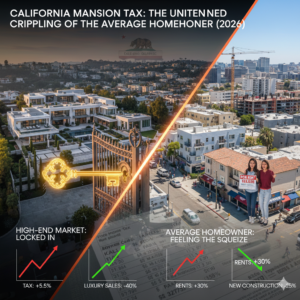 More people are starting to buy homes, according to the National Association of Realtors.
More people are starting to buy homes, according to the National Association of Realtors.
The NAR's index of pending home resales rose an unexpected 6.3% in April to a reading of 88.2, the highest level in six months. "Bargain hunters entered the market en masse, especially in areas that have experienced double-digit price declines, but it's unclear if they are investors or owner occupants," said Lawrence Yun, NAR's chief economist, in a statement.
The number of pending home resales is down 13.1% from April of last year. San Diego home sales






If we look at the economic trends along with Real Estate market trends, we can realize that what may seem like a “bad market” for some people is the same market that “big” Real Estate Investors have bought the properties that made them millions. However, there are many people that are getting ready to capitalize on some great investing due to the common sense theory of investing, BUY LOW…SELL HIGH!.
California Bail Bonds
You made some good points, and you’re right. Yet I’ve heard some compare the current stock market to the early 70’s. I can actually remember where there wasn’t money available for conventional loans, you had to get your loan in by the first of the month, because you knew they couldn’t commit much later, there was only so much $ to go around. Then again some lenders would only make loans if they had the existing loan. I thought oh well, guess I’ll just have to do FHA/VA loans for a while. We will get through this.
Acne treatments
It’s much harder for troubled borrowers to get a loan now. The lending industry has tightened up standards for lending to elimintate the slide of foreclosures due to subprime lending practices targeting those troubled borrowers. The local media has presented the facts in a negative light, but a return to normalcy is about to occur.
San Diego Hotels and Attractions
No one put a gun to Bear Stearn’s collective head and made them spread risk ineffectively and invest in sketchy sub-prime mortgage securities. They did it all by themselves. Yet here we see a government-backed takeover to shore up confidence in a financial system that seems unable to take care of itself. Laissez-faire? Quite the opposite, it appears. What kind of message does this send to other financial institutions? Can they now expect similar access to the “discount window” that had been reserved for institutions that work with taxpayers, not investors?
Timothy K.
Real Estate Broker